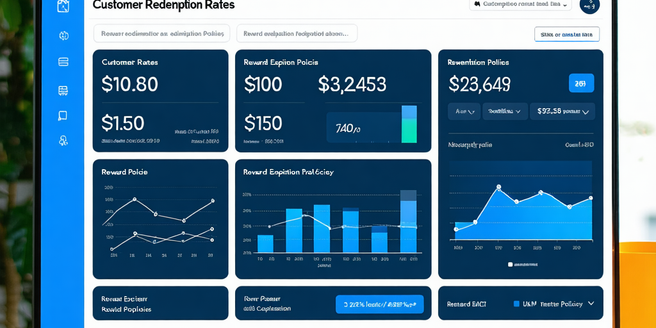
Understanding Reward Expiration Dates
Reward expiration dates are critical for both businesses and customers. They indicate the time frame within which a reward, such as points or miles, can be redeemed. Understanding these dates helps customers plan their use of rewards and prevent forfeiture due to inaction. Reward programs often have clearly defined expiration policies outlined in their terms and conditions. These policies can vary widely, from a set time after earning the reward to ongoing periods renewed by account activity. Customers should pay close attention to these details to maximize benefits and avoid losing valuable points. Learning about different policies enables informed decision-making and enhances the customer experience. Similarly, businesses aim to balance encouraging redemption with financial implications. Clear communication regarding reward expiration increases transparency and trust between consumers and companies.
Common Types of Expiration Policies
Expiration policies are integral to managing reward programs effectively. The most common types of policies include fixed expiration and rolling expiration dates. Fixed expiration policies set a definitive date for rewards to expire, regardless of account activity. This is straightforward but may not encourage ongoing customer engagement. Rolling expiration policies, however, extend the validity of rewards with each new transaction or activity, motivating continuous interaction with the brand. Another type is the ‘activity-triggered’ expiration, where rewards expire based on predefined inactivity periods. Understanding these variations helps consumers navigate the complexities of reward management while allowing businesses to tailor policies that match their strategic goals. Choosing the right policy can enhance customer satisfaction and loyalty, ensuring that rewards serve as a beneficial tool for both parties.
Impact of Expiration on Customer Loyalty
Expiration policies can significantly influence customer loyalty. When managed properly, they encourage customers to engage consistently with a brand to use their rewards. However, overly restrictive or unclear expiration policies can lead to frustration and a sense of lost value, potentially harming the customer relationship. Loyal customers appreciate transparency and fair opportunities to redeem rewards. Offering reminders and flexible terms can enhance satisfaction and trust. On the other hand, abrupt expirations without adequate notice may cause customers to reconsider their loyalty to a brand. By aligning expiration policies with customer interests and behaviors, businesses can foster a stronger connection, promoting sustained engagement and brand commitment. A strategic approach to managing reward expirations can thus play a crucial role in retaining a loyal customer base.
Strategies to Manage Expiring Rewards
Managing expiring rewards requires strategic planning from both businesses and customers. For consumers, keeping track of reward expiration dates is essential. Setting reminders and planning redemptions in advance can prevent forfeiture of valuable rewards. Businesses can implement several strategies to enhance the customer experience regarding expiring rewards. First, they can issue timely reminders through email or push notifications, prompting action before rewards expire. Transparency in communication about expiration policies ensures that consumers are well-informed. Additionally, offering incentives for early redemption or extensions on expiration can promote goodwill and increase utilization. These tactics help maintain a positive relationship with customers, ensuring they feel valued and encouraging continued engagement with the brand’s rewards program.
Negotiating and Extending Reward Validity
For customers concerned about expiring rewards, negotiating and extending reward validity can be beneficial. When rewards are nearing expiry, customers should explore options for extending their validity. Many companies offer grace periods or extensions, especially for long-term or highly engaged customers. Reaching out to customer service to discuss potential extensions can yield favorable outcomes. Businesses can view such negotiations as opportunities to enhance customer satisfaction and loyalty. By offering flexible terms and personalized solutions, they reinforce their commitment to customer-centric practices. Simultaneously, companies gain insights into customer preferences and potential areas for policy improvement. For both parties, finding a middle ground in reward expiration management fosters a mutually beneficial relationship, ultimately enhancing the loyalty program’s effectiveness.
